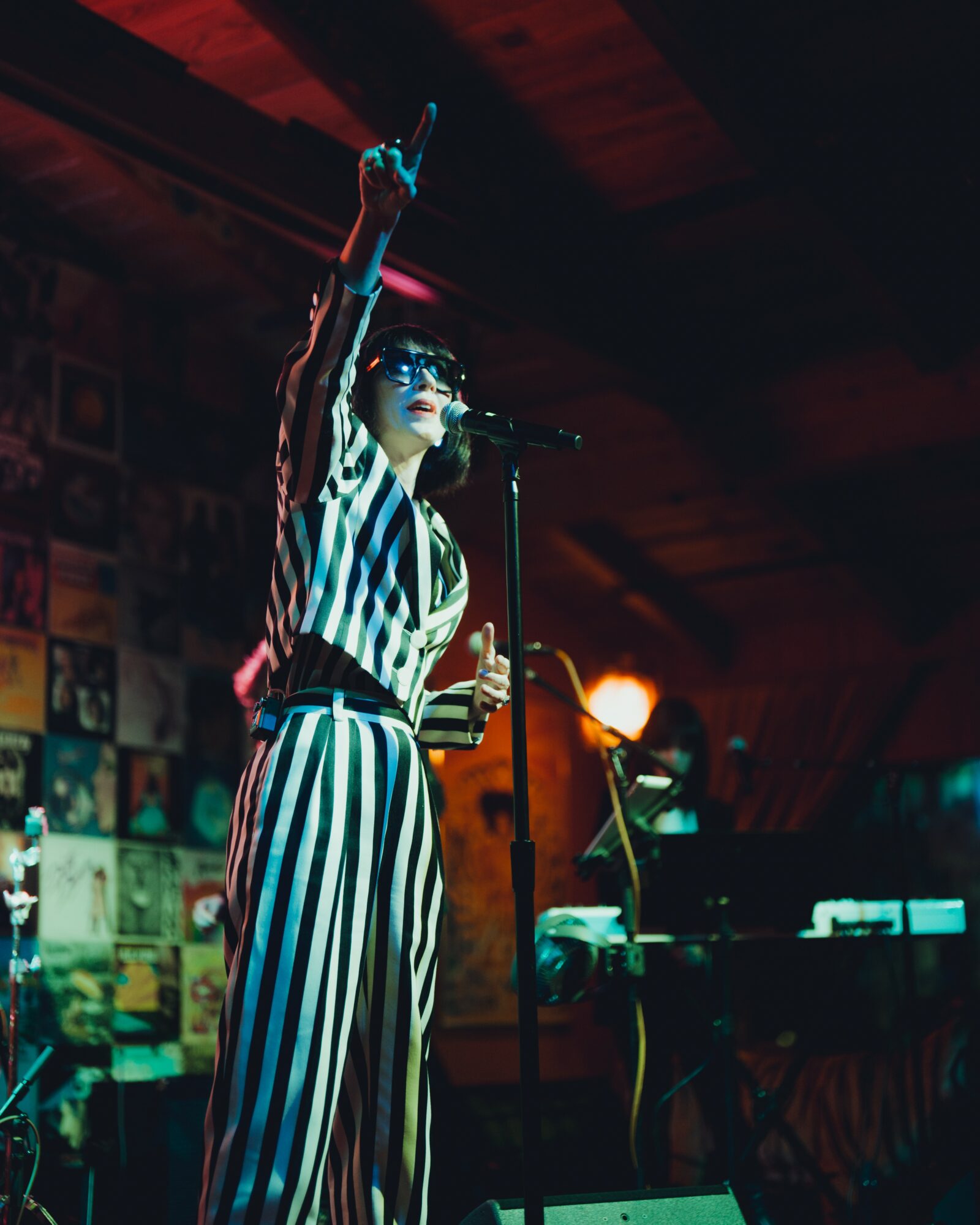

Bossi shared their story and experiences with us recently and you can find our conversation below.
Bossi, we’re thrilled to have you with us today. Before we jump into your intro and the heart of the interview, let’s start with a bit of an ice breaker: What do the first 90 minutes of your day look like?
I start every morning with a delicious cup of coffee made by my husband. As I drink it, I read a novel in Italian to improve my learning and then meditate for 20 minutes. It’s my favorite part of the day and I look forward to it every night when I get in bed.
Can you briefly introduce yourself and share what makes you or your brand unique?
I’m Bossi, an LA-based rock artist, poet, and creative entrepreneur. My work lives at the intersection of music, storytelling, and visual art. I’m also the founder of House of Bossi, a creative platform I run with my husband Nico. At its core, my brand is about more than just songs — it’s about building worlds. Each project is designed to spark conversation, challenge cultural narratives, and invite people into a community that celebrates rebellion, truth-telling, and autonomy.
This September I’m releasing my 13-song album Tell All the Other Girls, a concept record that reimagines myths and stories traditionally used to keep women small — from Eve to Cassandra — and flips them into anthems of defiance and liberation. Every track is a “chapter” in that journey, paired with visuals, performances, and a satirical video series I created called Bossi’s Finishing School for Difficult Women. It’s part comedy, part rock & roll rebellion, part social commentary — and it’s all connected to the larger mission of making art that empowers while entertaining.
What makes my work unique is that it doesn’t stop at the stage or the streaming platforms. Through House of Bossi, we host residencies, concerts, conversations, and collaborations with artists, writers, and activists across LA. I’ve had the chance to perform everywhere from sold-out shows at Hotel Café to upcoming stages like The Viper Room, and to partner with organizations like the United Nations. For me, it’s always about the bigger picture: how music and art can challenge systems, build community, and create new ways of seeing ourselves and the world.
Okay, so here’s a deep one: Who were you before the world told you who you had to be?
Before the world told me who to be, I was an artist. I was singing before I could speak, dancing as soon as I could walk, painting and telling stories from the time I could hold a brush or a pen. I never really stopped doing those things, but somewhere along the way I began to believe that being an artist wasn’t practical — that it wasn’t a “real” career. I remember a friend in high school once saying to me, “You’re so smart. Why would you want to waste that on being an artist?” And it’s incredible how comments like that can plant seeds of doubt, making you feel as though you have to choose between being intelligent and being creative, as if art is somehow less valuable than other paths.
It sounds absurd to me now, but at the time, I internalized those voices. Luckily, I’ve had strong influences who helped me see the error in that thinking — starting with my father. When I told him I wanted to go to Stanford and study law, he surprised me by urging me to consider studying the arts at a place like Northwestern. That moment was pivotal: it reminded me that art is not just valid, but vital — and that choosing to live as an artist is not a waste of intelligence, but one of the highest expressions of it.
What did suffering teach you that success never could?
I’m a two-time cancer survivor, and suffering taught me the depth of my own strength. It tested me emotionally, physically, and mentally in ways I couldn’t have imagined, and in the process I came face to face with my inner warrior for the first time.
So a lot of these questions go deep, but if you are open to it, we’ve got a few more questions that we’d love to get your take on. What’s a cultural value you protect at all costs?
The cultural values I protect at all costs are female autonomy and the arts. Right now, we’re watching society close in on women — threatening the progress of the last fifty years, from bodily autonomy to hard-won advancements in the workplace as DEI initiatives are rolled back. At the same time, we’re also seeing the erosion of value placed on artists. With the rise of AI, there’s a growing tendency to treat music, writing, and film as disposable — as though the human hand and heart behind them don’t matter.
For me, both of these values are connected. A society that suppresses women’s freedom or devalues its artists is one that silences truth and erases imagination. Protecting female autonomy and protecting the arts means protecting our ability to create, to resist, and to reimagine what’s possible.
Okay, so before we go, let’s tackle one more area. What is the story you hope people tell about you when you’re gone?
I hope people say that I used my voice — in every sense of the word — to create space for others. That my songs, my art, my work all gave women permission to take up room, to be defiant, to tell their stories without apology. I want to be remembered not just as an artist, but as someone who built community, who challenged the narratives that kept us small, and who left behind a body of work that made people feel both less alone and more powerful.
Contact Info:
- Website: https://www.iambossi.com/
- Instagram: https://www.instagram.com/iambossiofficial
- Facebook: https://www.facebook.com/iambossiofficial
- Youtube: https://www.youtube.com/iambossi
- Soundcloud: https://www.facebook.com/iambossiofficial
- Other: https://open.spotify.com/artist/3AKwaimpgJI3BopgYKCy8l?si=q1XsSJtfRiGEQ5u7pwyPCA
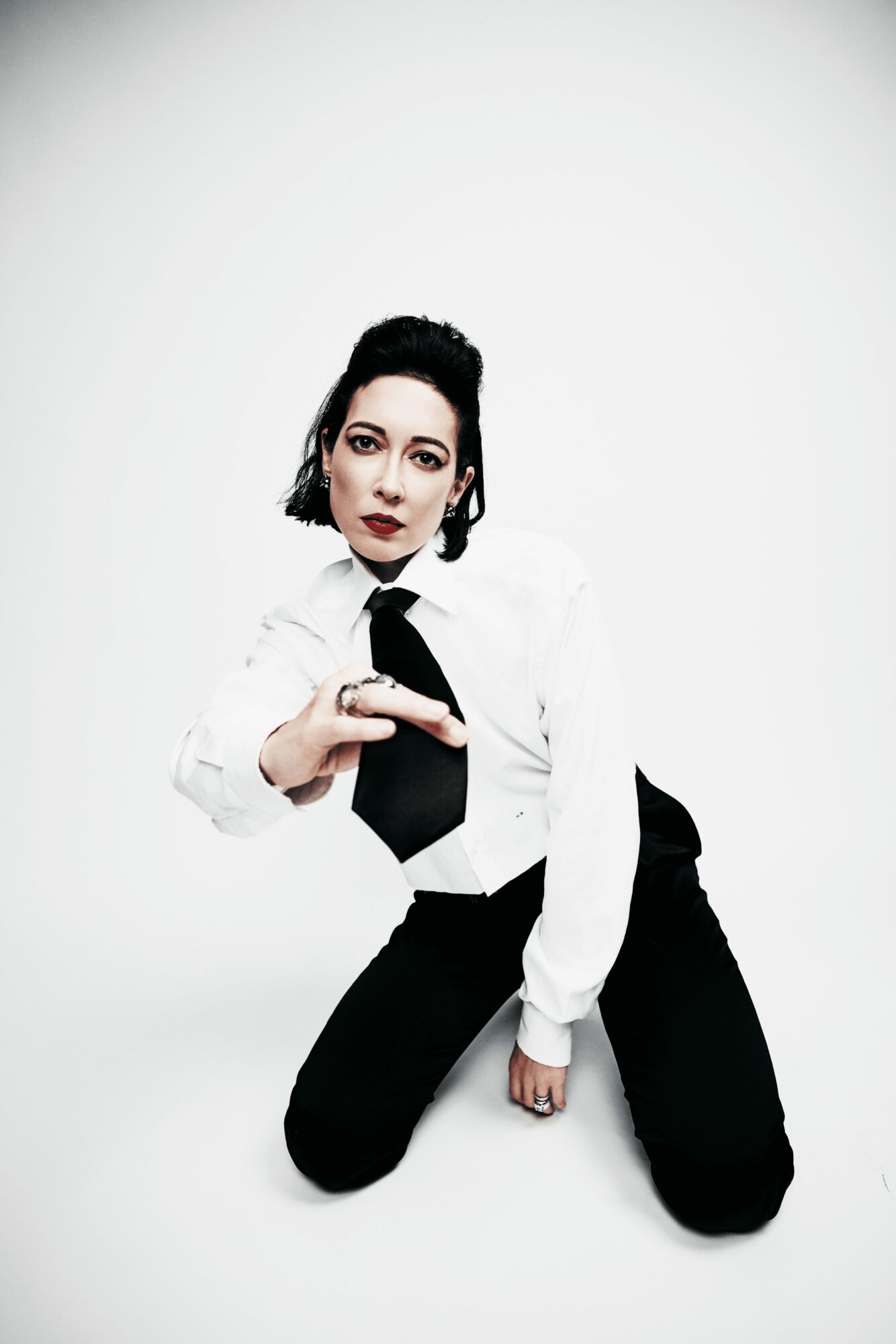
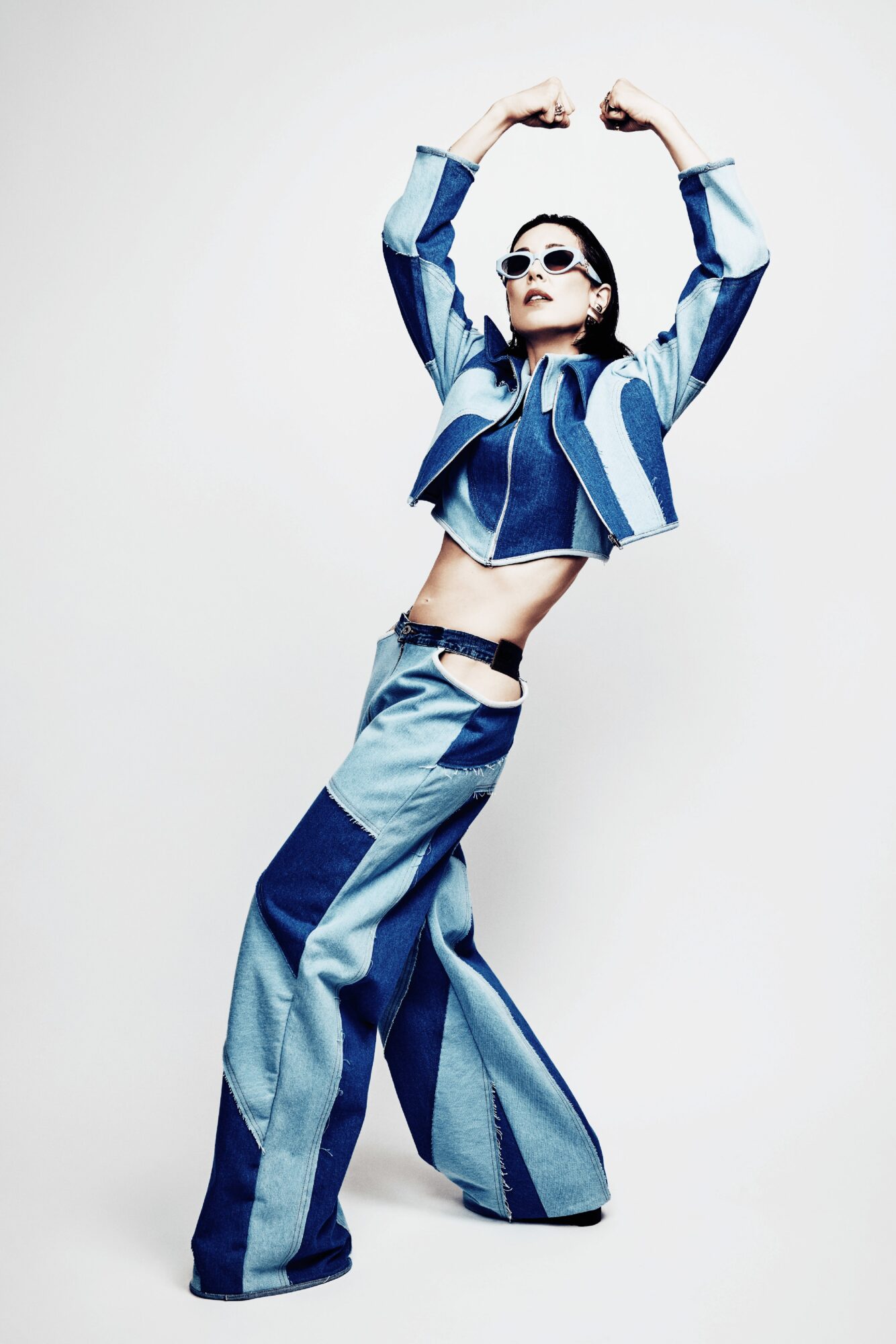
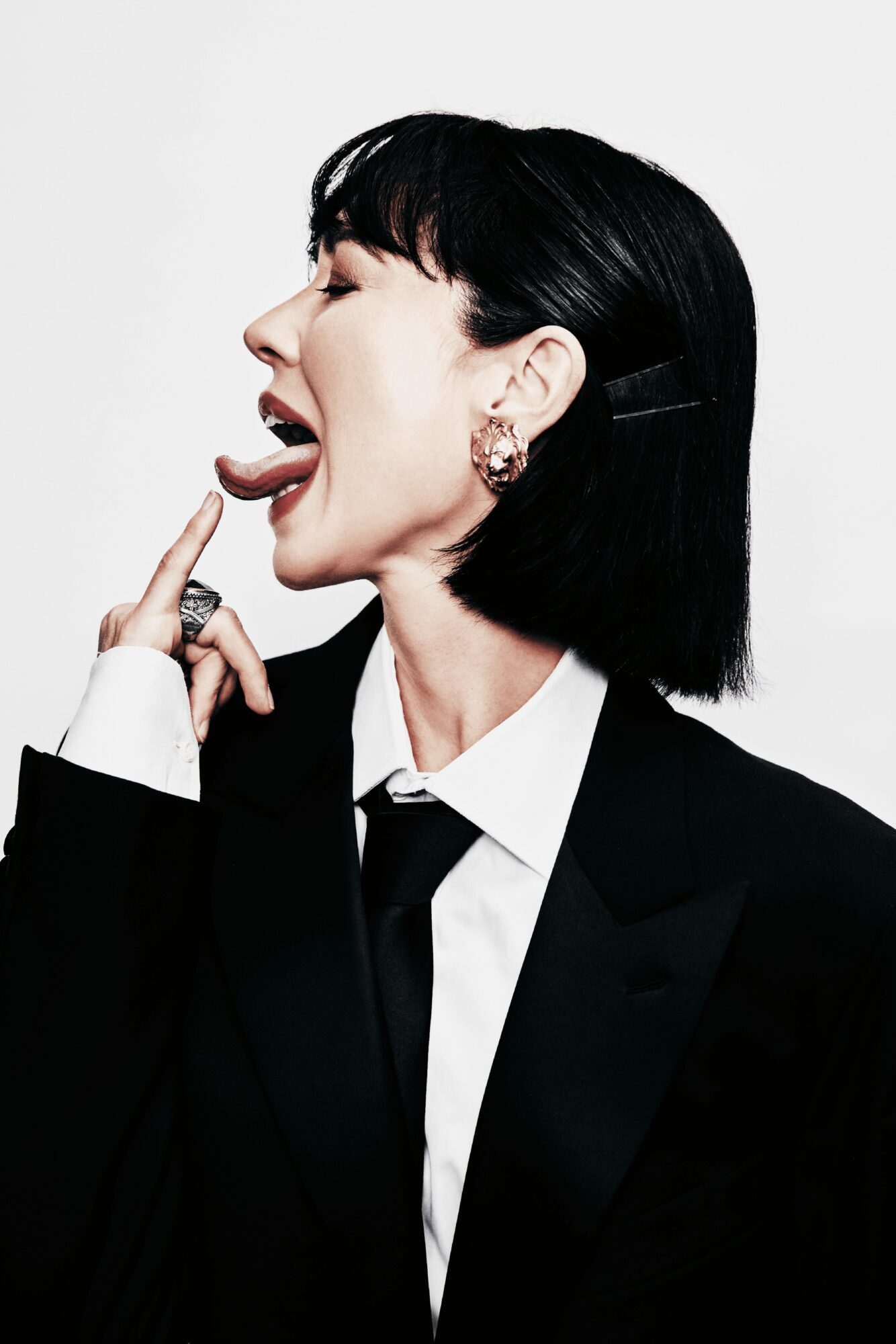
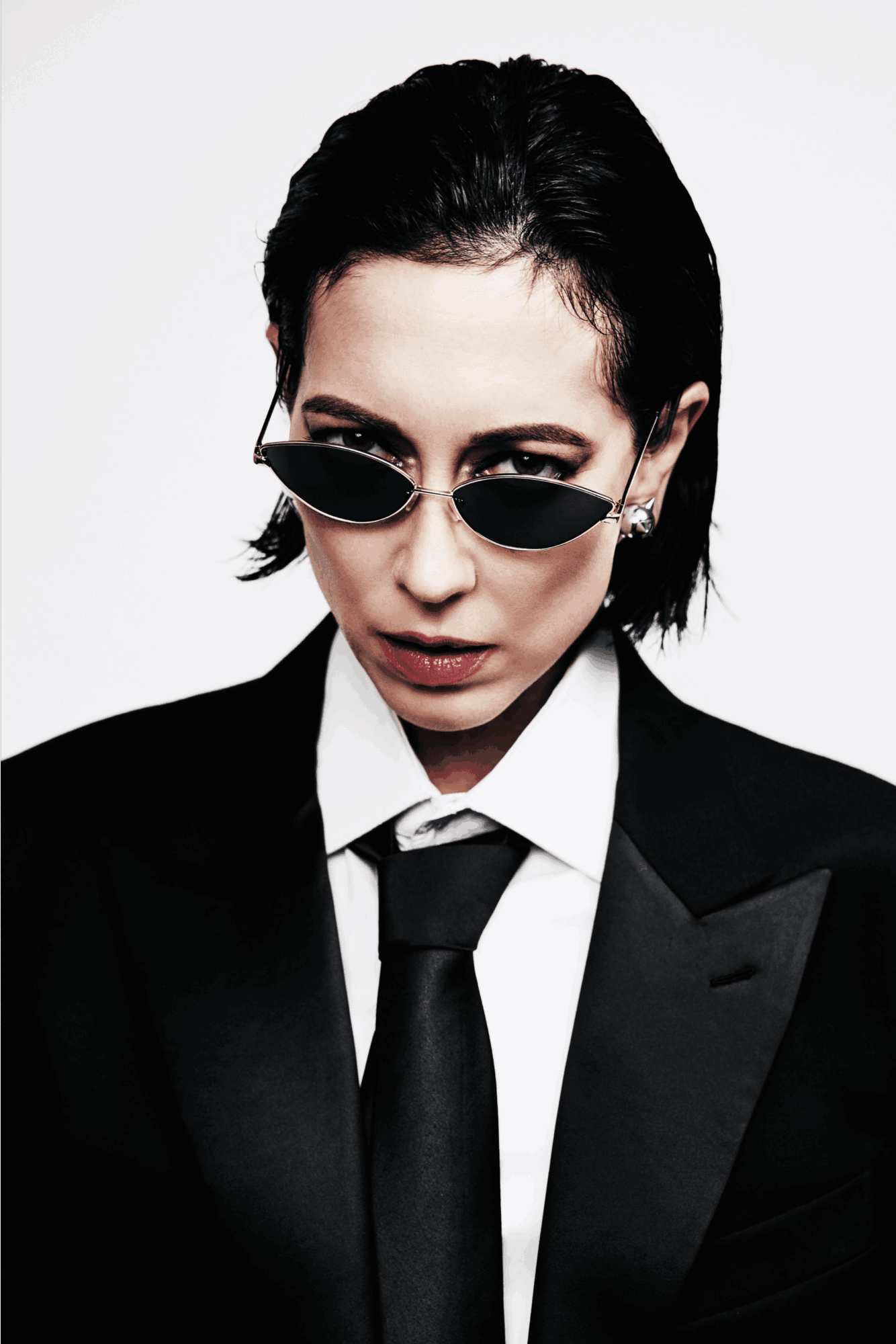
Image Credits
Portraits by Mark Leibowitz
Live performance image by Steele Cortez














